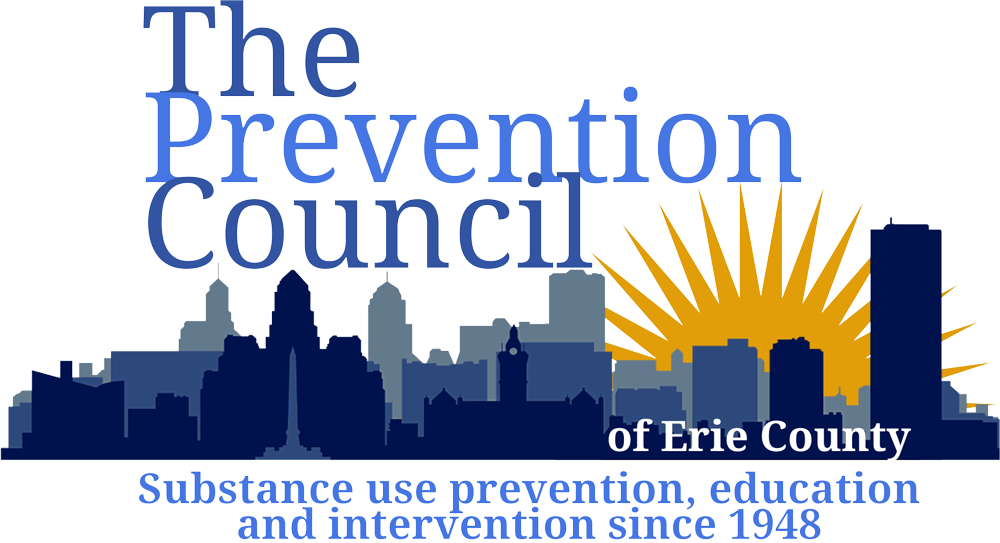About the safehomes campaign
SafeHomes is a parent networking campaign based on the belief that to prevent a child from using drugs, you need to create an atmosphere where drug use is not acceptable. One of the main reasons kids take drugs is pressure from peers. When parents join together and take a united stand against drug use, they become much more effective than if they act separately. Parents can benefit from the support of other parents by helping each other resist pressure from parents who do not set the same limits on their children’s behavior.

Staff/Contact Information
Vanita L. Jamison
Program Coordinator
1625 Hertel Ave., Buffalo, NY 14216
716.831.2298 ext. 105
vjamison@thepreventioncouncilec.org
Program features
Our program focuses on current trends/substance abuse education; communication/listening skills; building family strengths and family management – setting boundaries and expectations. Our educators strive to increase protective factors and reduce known risk factors while bringing parents up to date on the world of teens today and sharing information to help build parenting skills.
Components/ Curriculum
Participants receive a Parent Handbook which includes the following topics:
- Common Sense/Party Tips
- Why Kids Do Drugs/Curfews
- Today’s Trends – Club Drugs and Raves
- Alcohol and Marijuana – Tough Discussions For Parents
- Not My Kid – Take a Second Look
- Parent Power – Risk and Protective Factors
- Legal Consequences
- Families and Kids – What’s Normal?
- Stages of Adolescent Chemical Use/ Signs and Symptoms
- Confronting the Drug Issue
- Speaking Up
- School/ Community Resources
- Anonymous Reporting and Internet Safety
- Commonly Abused Drugs – Unsupervised Parties
Program Goals
The goals of the campaign include:
- Aiding parents in educating themselves about the use of alcohol and other drugs by adolescents
- Encouraging parents to openly communicate with one another about parenting concerns
- Assisting parents in establishing reasonable guidelines for their children’s behavior
- Making parents aware of alternative activities available to youths
- Functioning as a continuing support network for parents and children.

